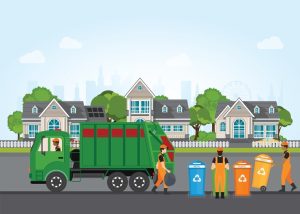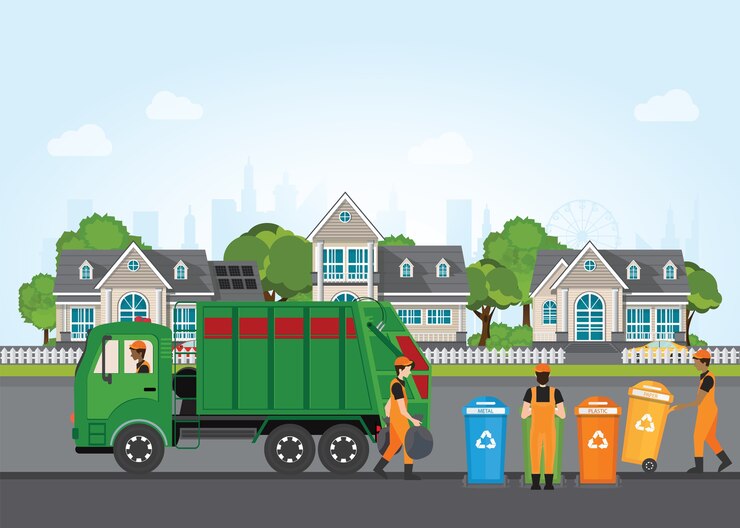
Waste Management and Recycling: Challenges, Solutions, and Its Role in Sustainable Urban Development
Abstract:
Waste management and recycling are key components of sustainable urban development, aiming to reduce environmental pollution, conserve natural resources, and improve the quality of life for citizens. This article examines the challenges in urban waste management systems, explores solutions for achieving sustainable waste management, and highlights its role in sustainable urban development. Finally, recommendations for improving waste management systems in large cities are provided.
1. Introduction
With increasing urbanization and population growth, urban waste generation has become a major challenge for city management. Poor waste management not only leads to environmental pollution but also threatens natural resources. Sustainable waste management and recycling offer innovative solutions to address these challenges while meeting urban needs.
2. Challenges in Urban Waste Management
2.1. Increasing Waste Volume
– Rapid growth in waste generation due to population growth and consumerism.
– Limited space for waste disposal and landfill sites
2.2. Environmental Pollution
– Greenhouse gas emissions from landfill sites.
– Soil and groundwater contamination due to toxic waste leakage.
2.3. High Waste Management Costs
– Costs associated with waste collection, transportation, and disposal.
– Significant investment required in waste management infrastructure.
2.4. Lack of Awareness and Public Participation**
– Low public awareness about the importance of waste segregation and recycling.
– Limited citizen participation in waste management programs.
3. Solutions for Achieving Sustainable Waste Management
3.1. Source Segregation of Waste
– Educating citizens about waste segregation methods.
– Providing separate bins for different types of waste.
3.2. Developing Recycling Systems
– Establishing modern and efficient recycling centers.
– Encouraging industries to use recycled materials in production.
3.3. Waste Reduction
– Promoting a culture of reduced consumption and reuse of materials.
– Implementing policies to limit single-use plastics and other non-recyclable waste.
3.4. Adopting Advanced Technologies
– Utilizing technologies such as waste-to-energy (WtE) systems.
– Implementing smart systems for waste monitoring and management.
3.5. Public Participation and Education
– Raising awareness about the benefits of sustainable waste management.
– Encouraging citizen involvement in recycling and waste reduction programs.
4. The Role of Sustainable Waste Management in Urban Development
4.1. Environmental Protection
– Reducing air, soil, and water pollution.
– Conserving natural resources and reducing energy consumption.
4.2. Economic Savings
– Lowering waste management costs through recycling and reuse.
– Creating job opportunities in recycling and waste management sectors.
4.3. Improving Quality of Life
– Reducing health risks associated with waste pollution.
– Creating a clean and healthy living environment for citizens.
4.4. Promoting a Circular Economy
– Transforming waste into valuable resources such as energy and raw materials.
– Reducing dependence on natural resources and enhancing economic sustainability.
5. Conclusion
Sustainable waste management and recycling are critical solutions to urban challenges, playing a vital role in sustainable urban development. By implementing solutions such as source segregation, recycling systems, and advanced technologies, cities can achieve efficient and environmentally friendly waste management systems. This not only improves the quality of life for citizens but also contributes to environmental preservation and sustainable economic growth.
References
– Hoornweg, D., & Bhada-Tata, P. (2012). What a Waste: A Global Review of Solid Waste Management. World Bank.
– UNEP. (2018). Waste Management for Sustainable Development. United Nations Environment Programme.
– Zaman, A. U., & Lehmann, S. (2013). The Zero Waste Index: A Performance Measurement Tool for Waste Management Systems. Journal of Cleaner Production.




